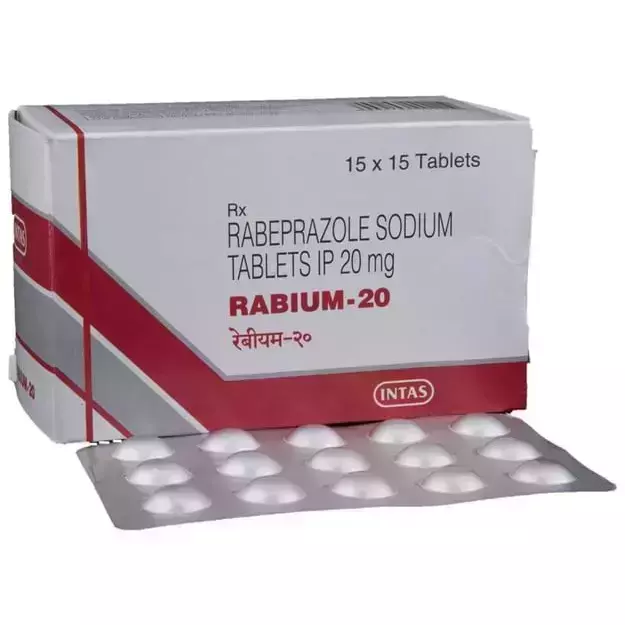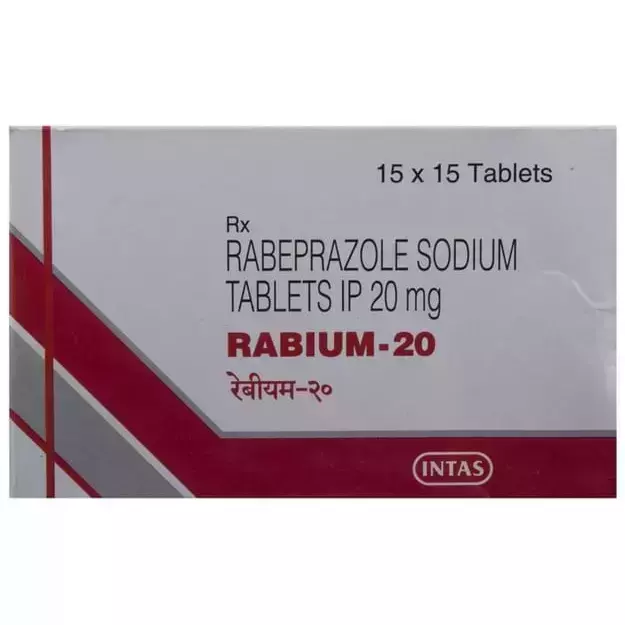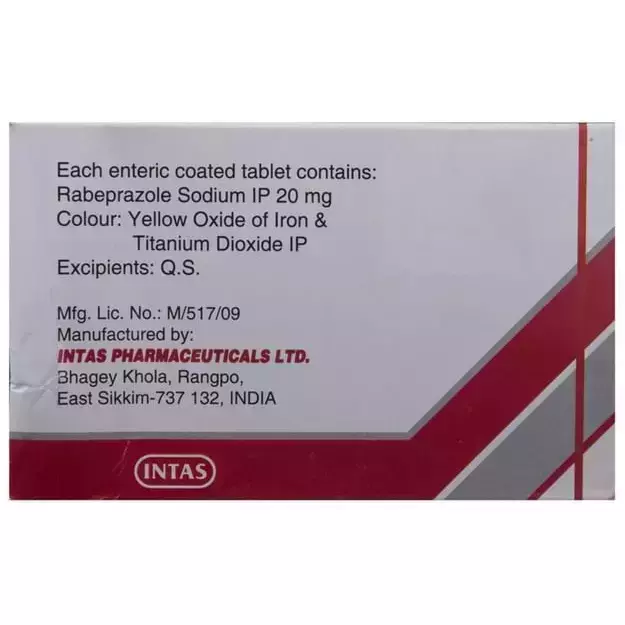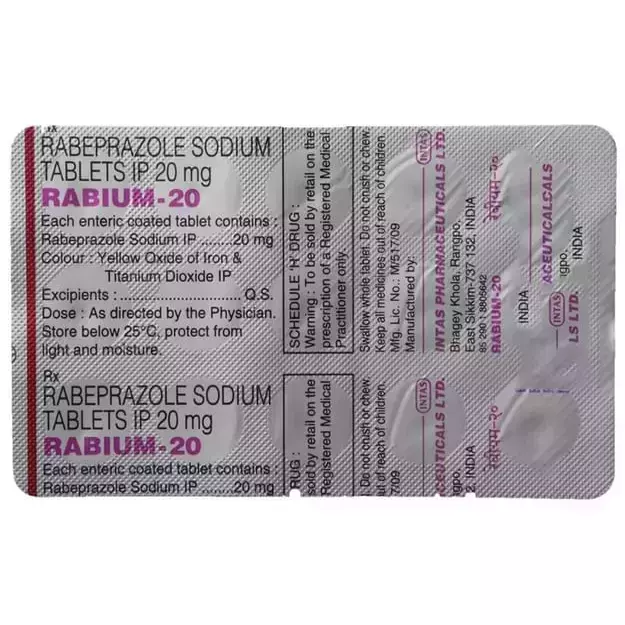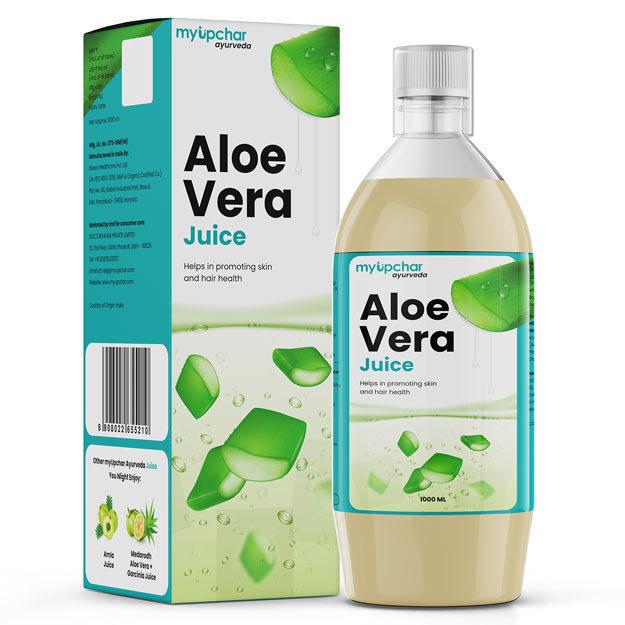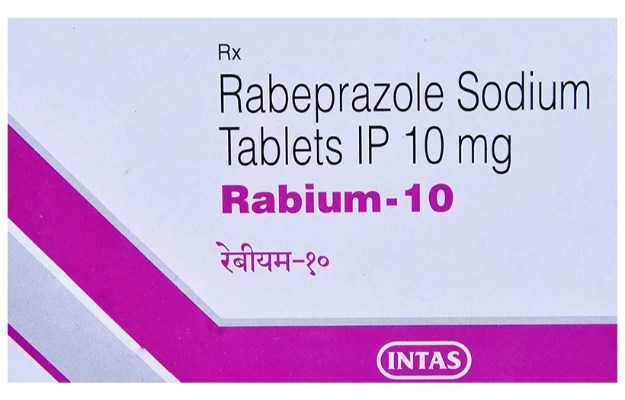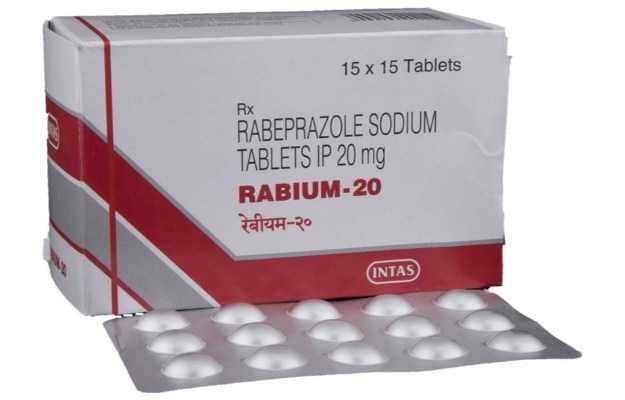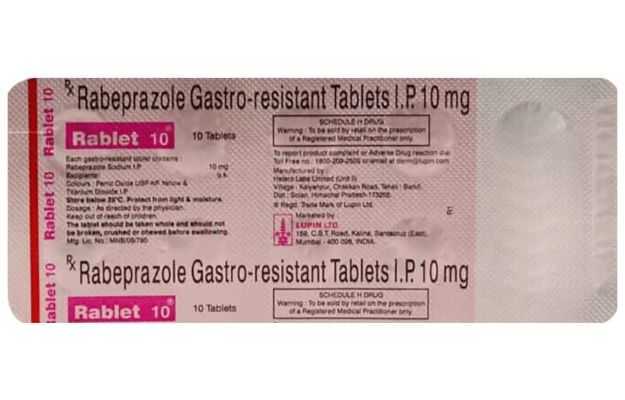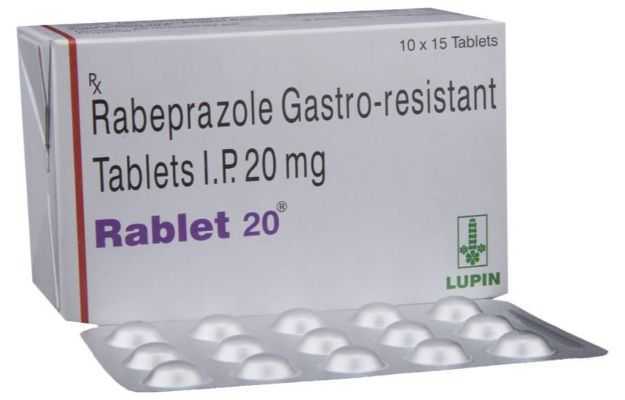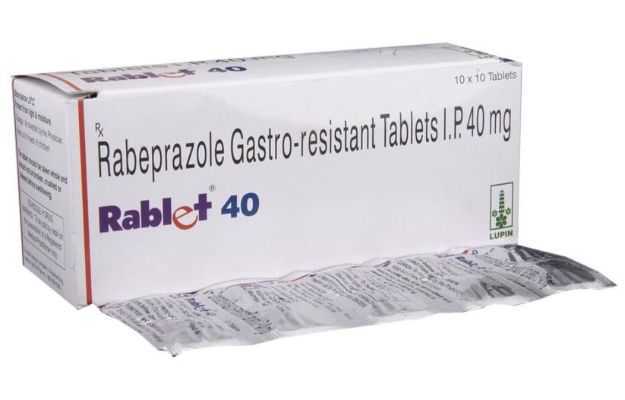Rabium 20 Tablet is a commercial drug that is prescribed in the form of Tablet. Acidity are some of its major therapeutic uses. Secondary and off-label uses of Rabium 20 Tablet have also been mentioned below.
The right dosage of Rabium 20 Tablet depends on the age, gender, and medical history of the patient. Individual symptoms and route of administration also determines the right dosage. Refer to the dosage section for a detailed discussion.
The most common side effects of Rabium 20 Tablet are Diarrhoea. Apart from the aforementioned side effects, Rabium 20 Tablet can also lead to other problems, which have been listed below. These side effects of Rabium 20 Tablet are usually temporary and subside with the completion of treatment. If, however, they worsen or do not go away, please speak with your physician.
It is also important to note that Rabium 20 Tablet has a Safe effect for pregnant women and Moderate effect on lactating mothers. Warnings related to Rabium 20 Tablet's effects on the liver, heart and kidney, if any, have been listed below.
Rabium 20 Tablet is not recommended if you suffer from certain medical conditions as it can have adverse effects. Diarrhea (Loose Motions) are examples of such conditions. Some other conditions that can be affected by Rabium 20 Tablet are listed in the contraindications section below.
Drug reaction of Rabium 20 Tablet with other medicines has been reported. A complete list of these interactions is given below.
In addition to the above precautions for Rabium 20 Tablet, it is important to know that it is not safe while driving, and is not habit-forming.
X

